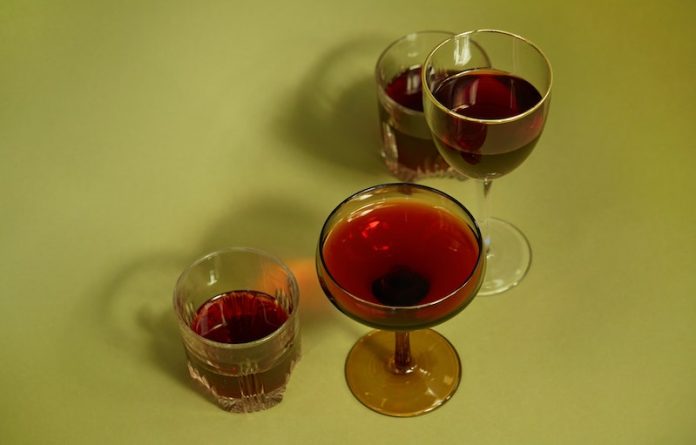
In a study from La Trobe University, scientists developed an artificial intelligence (AI) algorithm that could work alongside expensive and potentially biased breath-testing devices in pubs and clubs.
The technology can instantly determine whether a person has exceeded the legal alcohol limit purely by using a 12-seconds recording of their voice.
Their paper describes the development of the Audio-based Deep Learning Algorithm to Identify Alcohol Inebriation (ADLAIA) that can determine an individual’s intoxication status based on a 12-second recording of their speech.
According to the team, acute alcohol intoxication impairs cognitive and psychomotor abilities leading to various public health hazards such as road traffic accidents and alcohol-related violence.
Intoxicated people are usually identified by measuring their blood alcohol concentration (BAC) using expensive and labor-intensive breathalyzers.
A test that could simply rely on someone speaking into a microphone would be a game changer.
In the study, the algorithm was developed, and tested, using a database dataset of 12,360 audio clips of inebriated and sober speakers.
The researchers found ADLAIA could identify inebriated speakers—with a BAC of 0.05% or higher—with an accuracy of almost 70%.
The algorithm had a higher performance of almost 76%, in identifying intoxicated speakers with a BAC of higher than 0.12%.
The researchers suggest that one potential future application of ADLAIA could be the integration into mobile applications and to be used in environments (such as bars and sports stadiums) to get instantaneous results about the inebriation status of individuals.
Being able to identify intoxicated individuals solely based on their speech would be a much cheaper alternative to current systems where breath-based alcohol testing in these places is expensive and often unreliable.
Upon further improvement in its overall performance, ADLAIA could be integrated into mobile applications and used as a preliminary tool for identifying alcohol-inebriated people.
If you care about brain health, please read studies about two everyday habits that could make your brain age fast, and a low-carb diet that could help reverse brain aging.
For more information about heart health, please see recent studies about vitamin K that could help cut heart disease risk by a third, and results showing this drug may prevent respiratory and heart damage in COVID-19.
The study was conducted by Abraham Albert Bonela et al and published in the journal Alcohol.
Copyright © 2023 Knowridge Science Report. All rights reserved.


